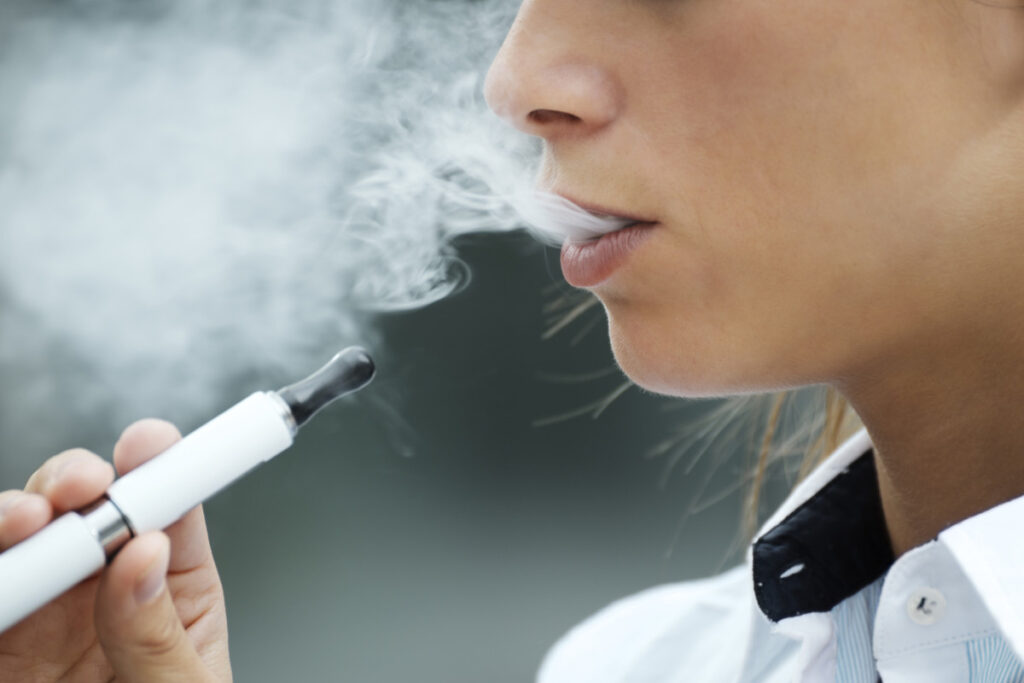Delta 8 disposable vape pens have surged in popularity, sparking a debate among experts about their worth. Delta 8 THC, a compound derived from hemp, offers a legal alternative to Delta 9 THC, known for its psychoactive effects. Proponents highlight Delta 8’s milder high, claiming it induces relaxation without the anxiety or paranoia sometimes associated with Delta 9. Moreover, its legality in many states where Delta 9 remains restricted adds to its appeal, making it accessible to a broader audience seeking a cannabis-like experience without legal repercussions. Critics, however, caution against the lack of extensive research on Delta 8’s long-term effects. While proponents argue its chemical structure is similar to Delta 9, thereby potentially mirroring its therapeutic benefits, skeptics point out the limited studies on its safety and efficacy. Concerns arise particularly around the purity and consistency of products in an unregulated market, raising issues about potential contaminants or inaccurate labeling that could impact consumer health.

From a consumer standpoint, the convenience and discreet nature of disposable vape pens enhance their appeal. Offering pre-filled cartridges ready for immediate use, these pens eliminate the need for specialized equipment or knowledge, appealing to novices and seasoned users alike. Their ease of use and portability cater to a modern lifestyle where convenience is paramount, allowing users to indulge discreetly and on the go. The economic aspect also factors into the debate. Delta 8 disposable vape pens often boast affordability compared to their Delta 9 counterparts, making them attractive to cost-conscious consumers looking to explore cannabinoid products without breaking the bank. This affordability extends beyond the initial purchase, as disposable pens require no additional investment in vaping devices or maintenance, offering a straightforward cost-effective option. Legal considerations play a pivotal role in the Delta 8 discussion. With Delta 9 THC still illegal in many states, Delta 8 provides a legal workaround for those seeking a similar experience.
Its availability online and in stores where Delta 9 og kush pens remains restricted further bolsters its market presence, capitalizing on consumer demand for accessible cannabis-derived products within legal confines. However, the evolving regulatory landscape poses challenges. As states grapple with Delta 8’s legality and potential health implications, future regulations could shape its market trajectory. Industry stakeholders and policymakers alike navigate this complex terrain, balancing consumer access with safety and compliance considerations. Ultimately, the debate surrounding Delta 8 disposable vape pens hinges on individual perspectives. Proponents emphasize their accessibility, affordability, and potential therapeutic benefits, viewing them as a viable alternative to traditional Delta 9 THC products. Conversely, skeptics underscore the need for more research, expressing concerns about safety, quality control, and regulatory oversight in an increasingly popular but still murky market. As consumer interest grows and regulatory frameworks evolve, the future of Delta 8 disposable vape pens remains uncertain yet promising.